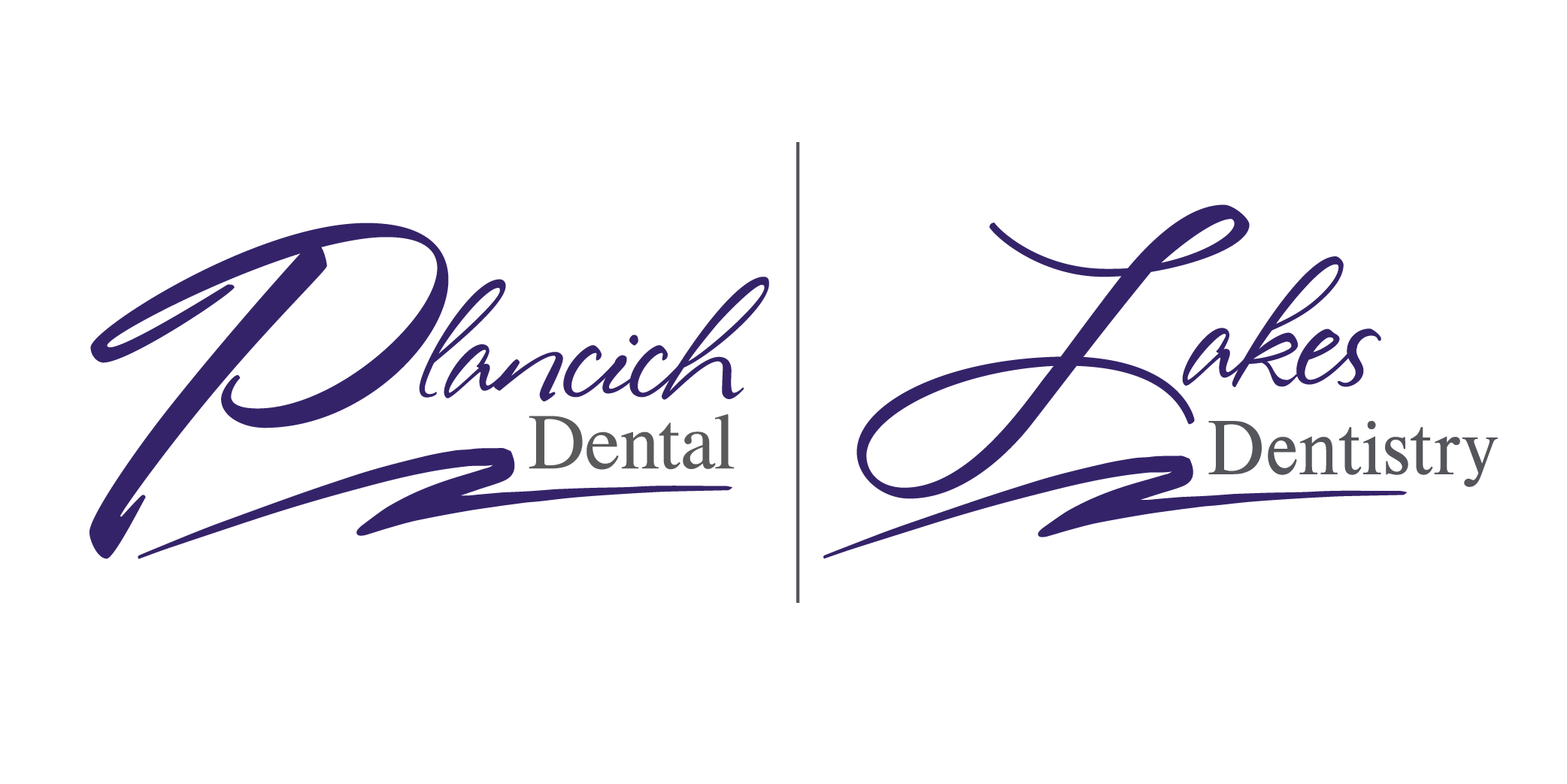Although your child’s baby teeth will eventually fall out, making way for their permanent teeth, it’s important to remember that proper dental care and oral hygiene are no less imperative. Poor oral hygiene and dental problems can lead to pain, illness, teeth misalignment, and damaged adult teeth.
Many oral health and dental problems commonly impact children. Here are eight of the most common dental issues they can face:
1. Cavities
According to the Centers for Disease Control and Prevention, over 50% of 6-8-year-olds have had one or more cavities. Poor oral hygiene and sugary foods or drinks are typical culprits that can cause cavities in children. Because children’s adult teeth form so rapidly throughout childhood, dentists must consider your child’s age and level of teeth development when deciding which treatment is best for their cavity.
2. Bruxism (or Teeth Grinding)
Teeth grinding and jaw clenching can result from various factors, from medications to stress. If you’ve noticed your child grinding their teeth or clenching their jaw frequently, talk to your dentist about protecting their teeth and jaw development with night guards.
3. Dry Mouth
Constant thirst and chapped lips can be signs of low saliva production, known as Dry Mouth. Saliva is necessary for oral health as it helps flush the mouth of bacteria. When your child experiences dry mouth, they may be more likely to have tooth decay, gingivitis, and common colds resulting from the increased bacteria.
4. Thumb Sucking and Tongue Thrusting
Consistent thumb-sucking or tongue thrusting during formative years can lead to misalignment of the teeth and jaw and speech disorders in later childhood and adulthood. Pediatric dentists can help break these habits and correct any current misalignments.
5. Sensitive Teeth
Tooth enamel erosion in young children can give rise to tooth sensitivities just as it can in adults. If your child is experiencing sensitive teeth, they may complain of pain while eating hot or cold foods, brushing their teeth, or even going outside in cold, windy temperatures. Fluoride toothpaste and dental sealants can help to relieve this sensitivity.
6. Gingivitis
Gingivitis is the milder form of periodontal gum disease and, fortunately, the more ordinary of the two in children. Typical symptoms of gingivitis include red, inflamed, or bleeding gums. It’s essential to address these signs with a dentist early so they never have the chance to become gum disease.
7. Tooth Decay
Tooth decay is common in children for many of the same reasons it’s common in adults. However, one significant lifestyle difference that can frequently lead to tooth decay in children is sugary drink consumption – whether that be in milk or juice. If your child drinks a lot of milk or juice throughout the day or right before bed, these sugary liquids are likely sitting on their teeth, causing them to decay over time. This prevalent occurrence is sometimes called Baby Bottle Tooth Decay.
8. Premature Tooth Loss
Premature primary tooth loss can cause developmental problems for the permanent teeth coming behind them. If your child loses a tooth before age 4 or 5, we recommend you address it with a dentist as soon as possible.
Caring for Your Little One’s Teeth
Beginning positive oral hygiene habits early in life will help your child maintain those patterns. There are a few simple steps we recommend you incorporate into your child’s routine to help maintain good oral hygiene:
Create a practice of daily teeth brushing and flossing together. Once your child is comfortable with the practice, the likelihood of continuing this positive habit into the independence of their teenage years is much higher. Furthermore, the more comfortable your child is with at-home oral care, the more relaxed they may be when visiting their pediatric dentist.
Avoid giving your child sugary drinks (including milk!) right before or in bed. The sugar from these drinks will linger in your child’s mouth overnight, eroding their enamel, fostering bacterial growth, and leading to tooth decay, which can eventually cause dental caries.
Encourage your child to drink water regularly! Water helps flush the mouth of the bacteria that cause illness, cavities, tooth decay, and other dental diseases. Staying hydrated is one of the easiest ways to preserve the health of our teeth.
Start bringing your child in for regular check-ups early on. Your child’s teeth need regular cleanings! If you need help preparing your child for their first dental cleaning, check out our 5 Tips for Preparing Your Little One For Their First Dental Cleaning.
Is it Time for Your Child’s Next Dental Appointment?
Supporting your child’s dental health and avoiding all these common problems can feel daunting. Fortunately, you don’t have to do it alone! The pediatric dentistry team at Plancich Dental and Lakes Dentistry is here to help you establish a routine, maintain your child’s teeth, and navigate which fluoride toothpastes and child brushes are best for their specific needs.
If it has been six or more months since your child’s last dental cleaning, now is the perfect time for a visit with our pediatric dental healthcare team. Call us at (253) 272-7400 or click here to schedule their next appointment!
